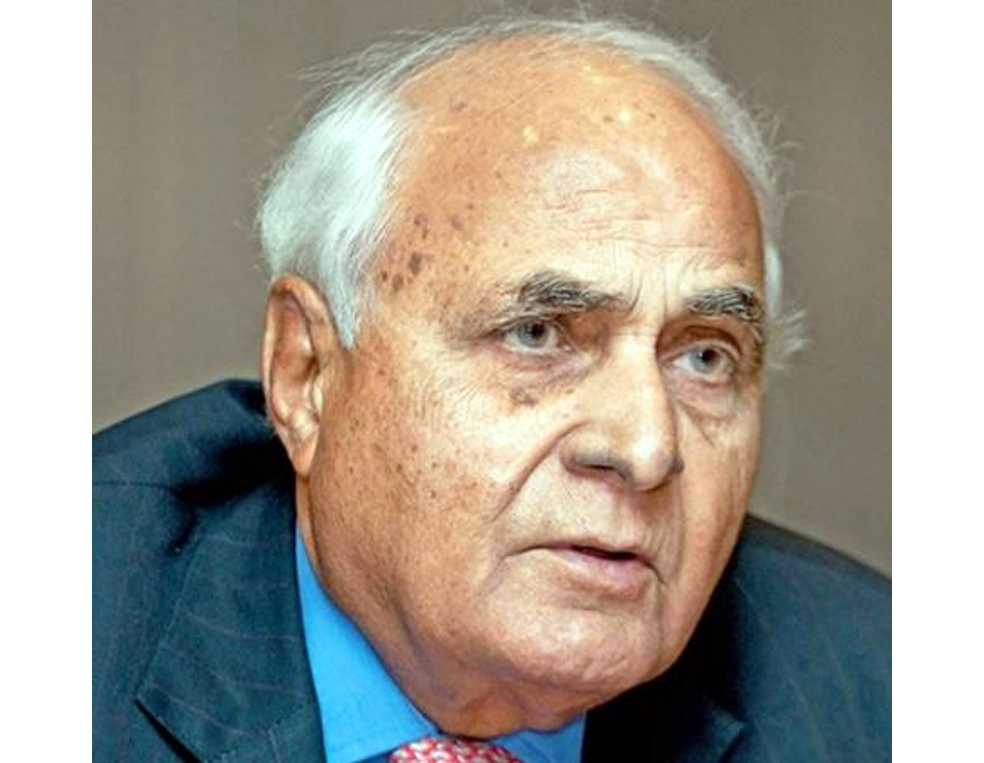NEW DELHI, June 7: Mushrooming urban slums and the exodus of migrant workers during the two-month lockdown period highlight the failure of urban planning in India, says billionaire realty mogul K P Singh, adding that real estate business can be a major driver for reviving the economy in the post-COVID world.
“One of the most important sectors of the economy, which is called urbanisation, includes real estate, construction and urban infrastructure. Now these all three are the most highly neglected sectors. Unfortunately, these should be the most important sectors of the economy,” Singh said in an interview last week.
Wrong urban development policies and inaccurate assessment of urbanisation by the Planning Commission led to creation of slums that eventually caused the migrants crisis, he said just before stepping down as chairman of India’s biggest real estate firm DLF Ltd, handing over his post to son Rajiv. Singh is now chairman emeritus of DLF.
A major structural change is required to set things right, and Prime Minister Narendra Modi is in the best position to do it because he has the capacity and the mandate, said the 90-year old industry veteran.
Singh rued that the real estate, construction and urban infrastructure sectors have been completely neglected in India, unlike other nations such as America where the growth of these industries are considered as major economic indicators.
The Government, he said, should give importance to the real estate sector, even more than the MSMEs, as it has the potential to absorb a large number of unemployed people and revive the economy when it has been crushed by the COVID lockdown since March 25.
He pitched for tax incentives as well as ease in taking home loans at lower interest rates to boost both demand and supply in the housing segment.
Asked about his assessment of the multi-year slowdown in the realty sector, Singh said the demand slowdown was not because of the demonetisation, the GST and the new realty law RERA but due to wrong urban development policies.
The real estate and construction sectors generate most direct and indirect employment and is a biggest multiplier of the country’s GDP, he said.
“You construct more houses. More cement is required, more steel is required, more paints are required, and more labour, skilled and unskilled, is required. So, the problem is not the GST or the demonetisation. The problem is our entire urban policies in India are completely wrong,” Singh said.
It requires major structural changes to correct mistakes committed over several decades, he added.
Unlike in other industries, he said it is not easy to correct mistakes in the real estate where construction of buildings has taken place and one cannot demolish it.
Singh said the government’s urban policies should have facilitated development of satellite towns by private sector players to cater to the migration of people from rural to urban areas.
“… Urbanisation means visionaries to plan for several decades, sometimes centuries ahead,” he said.
In a democratic country, Singh said people will have aspirations for better lives, in search of which they migrate to big cities.
He said the urban policies failed to cater to this influx of migration.
“The urban policy involves catering for those teeming millions and millions of workers who come from villages in search of jobs. Now, the first principle of that is to cater for them. These are visions. You think not 10-20 years ahead, but 50-100 years ahead,” he observed. (PTI)
Trending Now
E-Paper


